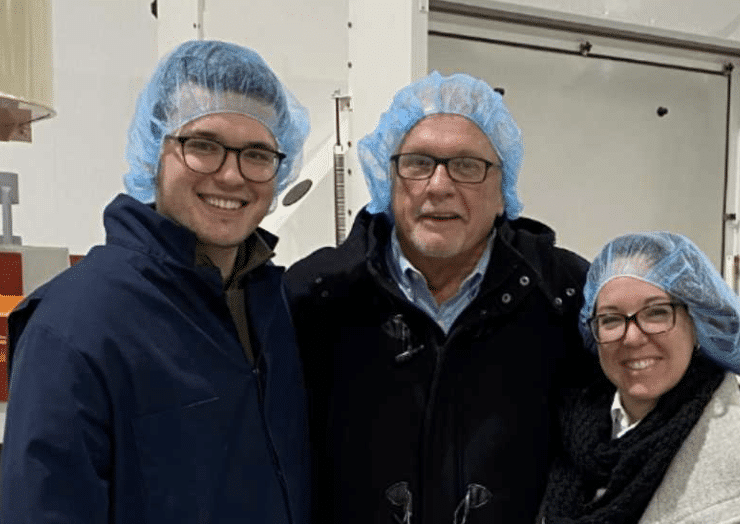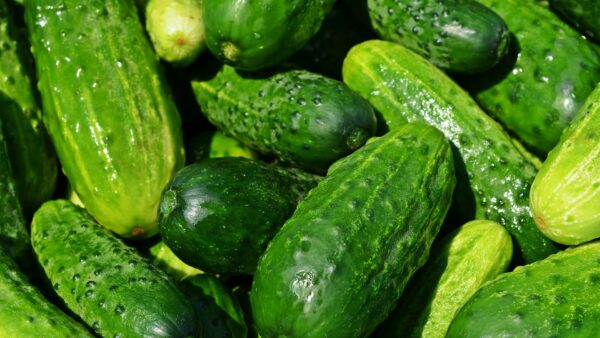Beginning in early 2023 I was happy to be part of the Seeds Canada Membership & Client Services Winter Tour, on which I was joined by Krista Erickson, Director of Member Strategy and Solutions, and Roy Van Wyk, Director of Client Strategy and Solutions.
We had productive discussions about a variety of topics related to the seed industry, including ongoing regulations and changes, intellectual property services offered by Seeds Canada, and an upcoming Seed School in Winnipeg to be held in partnership with Cereals Canada.

There was a lot of interest in the Seed School from meeting participants, and the agenda will include presentations and tours covering the full seed value chain. It’s scheduled for early 2024.
We had a successful and informative set of meetings, and I hope that the insights and ideas discussed in these meetings will help to further the development of Canada’s seed sector. The tour was well-received, and members appreciated the opportunity to have face-to-face meetings after so much time in a virtual world.
Naturally, discussions turned to Seed Regulatory Modernization (SRM). The Canadian Food Inspection Agency (CFIA) has released the Seed Regulatory Modernization Winter Consultation, the first of two planned consulta- tions on the topic of SRM. The aspects of the seed regulatory lifecycle that are included in the online survey are:
- Variety Registration;
- Seed Crop Certification, including Crop Inspection and Crop Certificates;
- Harvesting, Cleaning and Conditioning of Seed; and
- Sampling, Testing and Grading of Seed We welcome the chance for our members to provide feedback to the CFIA. There have been amendments over the years; the last major review of our regulatory framework was 30 years ago, and in our opinion, there are regulations on the books that are outdated and no longer relevant.
Given the advancements in seed development and the emphasis on issues like sustainability for the agricultural industry, it’s important that the legislation and the regulations allow for seed development to prosper and take on challenges faced by our farmer customers and other stake- holders in the business.
The current SRM review process is heavily focused on tweaking existing regulations rather than undertaking a more comprehensive review. It’s important for members to fully understand the issues at hand before responding to the survey, which is why we held some recent webinars on the topic in February and early in March.
These webinars included presentations not just from Seeds Canada staff but from members of the CFIA itself, who were very helpful in explaining the rationale behind the survey and what they hope to accomplish with it.
Ultimately, it will be up to regulators to determine the extent of changes needed for the Seeds Regulations. However, it’s important for stakeholders to voice their concerns and provide input to ensure that any changes are in the best interests of the industry as a whole.
With over two years to go until the completion of the SRM process, we hope it will become more focused on modernizing and future- proofing the regulations, rather than just making minor tweaks to the existing framework.
It’s a topic that will be discussed at our upcoming annual meeting to be held in St. Johns, Nfld., from July 10-12 at the Delta Hotels St. John’s Conference Centre.
The theme of the meeting will be sustainability. The issue of sustainability for agriculture is important to all of us. The contribution that seed has made to sustainable agriculture has been significant and if the relevant regulations are in place, the seed industry can be a more significant contributor to the sustainability of agriculture.
I hope you’ll join me in St. John’s for this important gathering to help guide the future of the seed industry in Canada.














